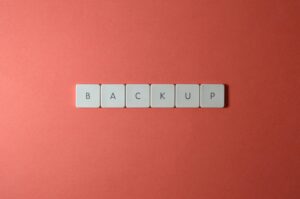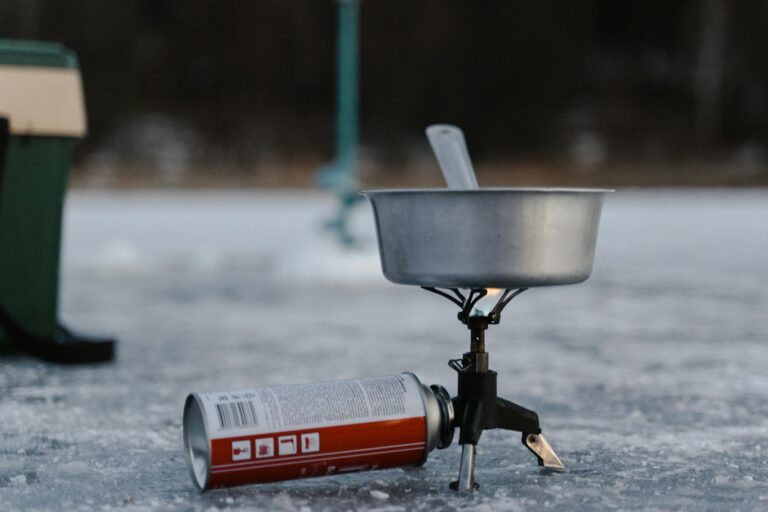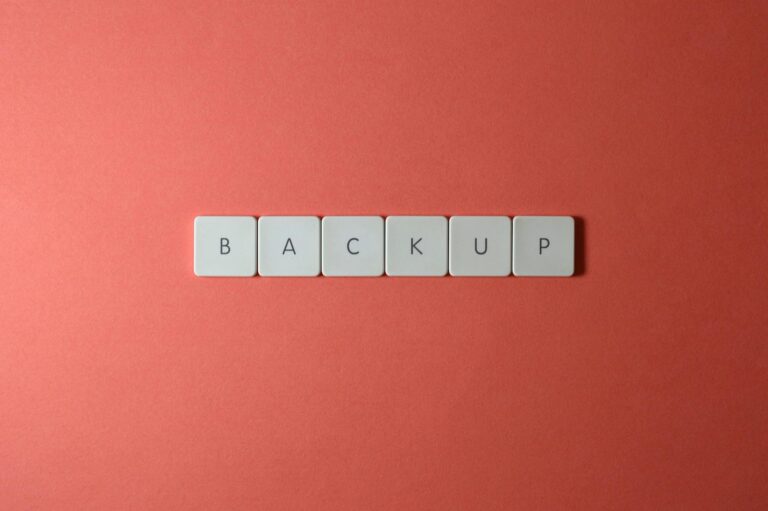EU’s New Sanctions on Nord Stream and Russian Oil: What You Need to Know
So here we go again. The European Union just dropped its 18th round of sanctions on Russia since the whole Ukraine mess started. Announced this Tuesday, they’re going hard after two big things—Nord Stream pipelines and that controversial oil price cap. It’s like Brussels is saying, “We’re not done with you yet.” But honestly, will this actually change anything?
How We Got Here: EU vs Russia
Let me break it down for you. Since February 2022, the EU’s been throwing sanctions at Russia like confetti—hitting their banks, their rich guys, their tech imports. The big target? Energy. Because here’s the thing: oil and gas pay for nearly half of Russia’s government budget. They already banned Russian oil coming by sea and capped the price at $60 a barrel. Clever, right? Except Russia found ways around it. Like that friend who always knows how to cheat the system. So now they’re trying to close those loopholes.
What’s Actually in This New Package?
Nord Stream: Nailing the Coffin Shut
Remember Nord Stream? Those gas pipelines that got mysteriously blown up last year? Yeah, they’re dead—but the EU’s making sure they stay dead. The new rules ban any tech, insurance, or money going toward fixing them. An EU insider (who obviously didn’t want their name used) told me: “This isn’t just about money. It’s about making a point.” And the point is—don’t even think about coming back to Europe with your gas, Putin.
The Oil Price Cap: Closing the Backdoor
Now this part could actually hurt. That $60 price cap wasn’t working as well as they hoped—Russia’s been using shady “shadow fleets” to sneak around it. So the EU wants to lower the cap and crack down harder. A Commission spokesperson put it like this: “We want to drain Putin’s wallet without crashing the global market.” Good luck with that. Because let’s be real—countries like India and China aren’t exactly lining up to help.
The Nitty-Gritty Details
- More bans on tech that could be used for weapons
- Freezing assets of 55 more Russian individuals and companies
- Tighter rules on oil shipping to stop cheating
- Basically following whatever the G7 says to do
Who’s Going to Feel This?
Russia: Hurt But Not Broken
Here’s the weird thing—Russia’s economy hasn’t collapsed like everyone predicted. Sure, their central bank’s whining about “structural challenges” (which is banker-speak for “we’re screwed long-term”). But they’re still moving oil through middlemen, and military factories are humming. Kremlin spokesman Peskov called the new sanctions “useless as always.” Which… okay, but analysts say the money’s getting tighter.
Global Markets: Hold Onto Your Wallets
Oil prices jumped a bit when this news came out—traders hate uncertainty. Europe’s playing a dangerous game here. Push too hard on Russian oil, and they might end up freezing next winter. They’ve got more renewable energy and LNG now, but let’s just say nobody’s turning down their thermostats voluntarily.
EU-Russia Relations: Burning Bridges
Every new sanction is another brick in the wall between Europe and Russia. A Berlin analyst told me: “This stopped being just about Ukraine months ago. Now it’s about who gets to call the shots in Europe.” Heavy stuff.
Why This Might Not Work
Here’s the problem—enforcement sucks. Over 100 sketchy “shadow tankers” are moving Russian oil right now, insured by who-knows-where. Hungary and Slovakia keep vetoing harsher measures because they still need Russian gas. And regular Europeans? They’re getting tired of paying higher prices for this economic war. Even EU officials admit: “People are over it.”
The Bottom Line
Look, the Nord Stream stuff is mostly for show. But if they actually enforce the oil cap changes? That could leave a mark. The EU’s trying to balance looking tough with not shooting themselves in the foot. One thing’s clear—this isn’t ending anytime soon. Next big date to watch? December, when EU countries vote on these measures. Will they stick together or start cracking? Grab your popcorn.
Source: Financial Times – Companies












One thought on “EU Strikes Again: New Sanctions Target Nord Stream & Russian Oil Cap”